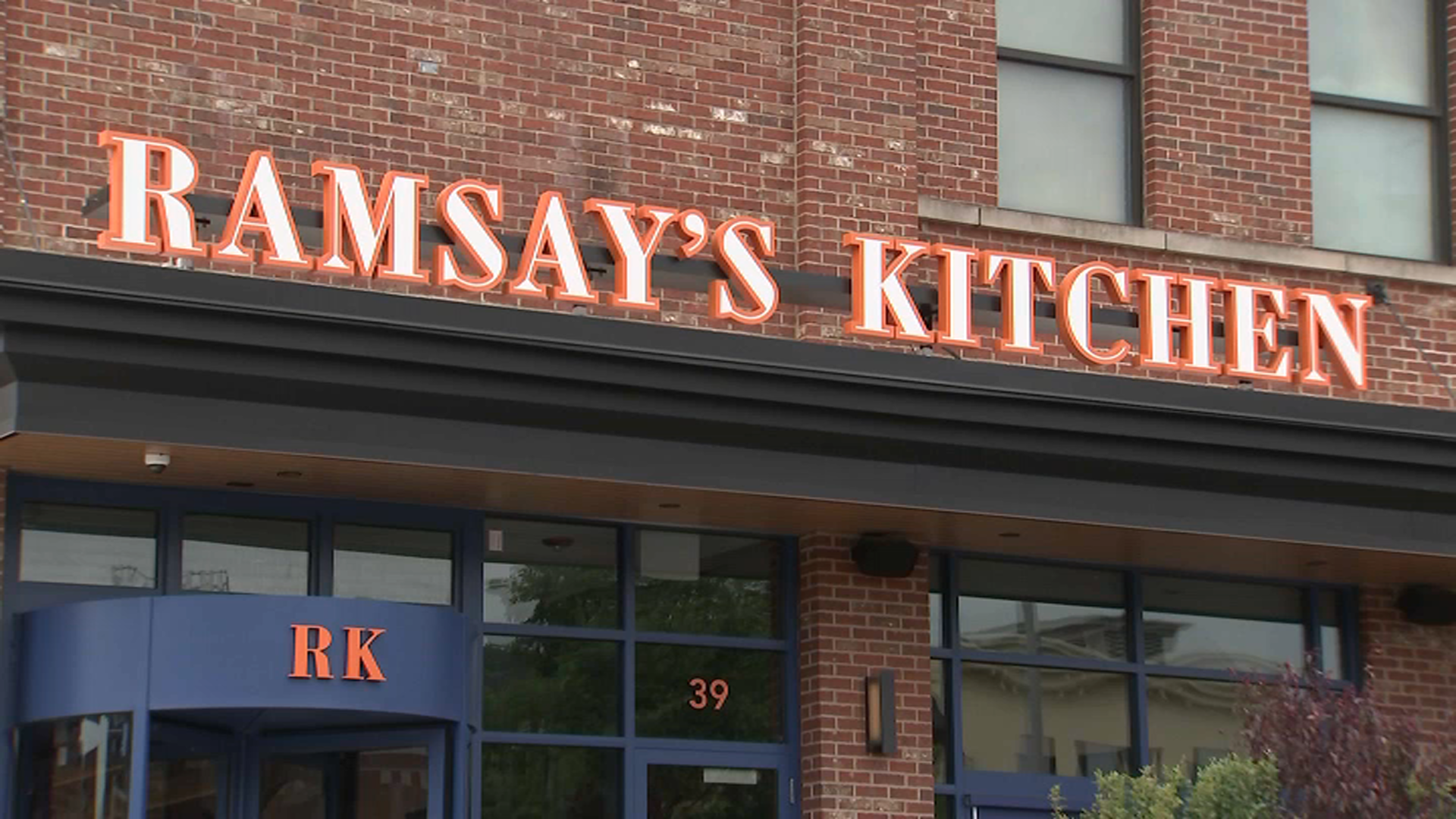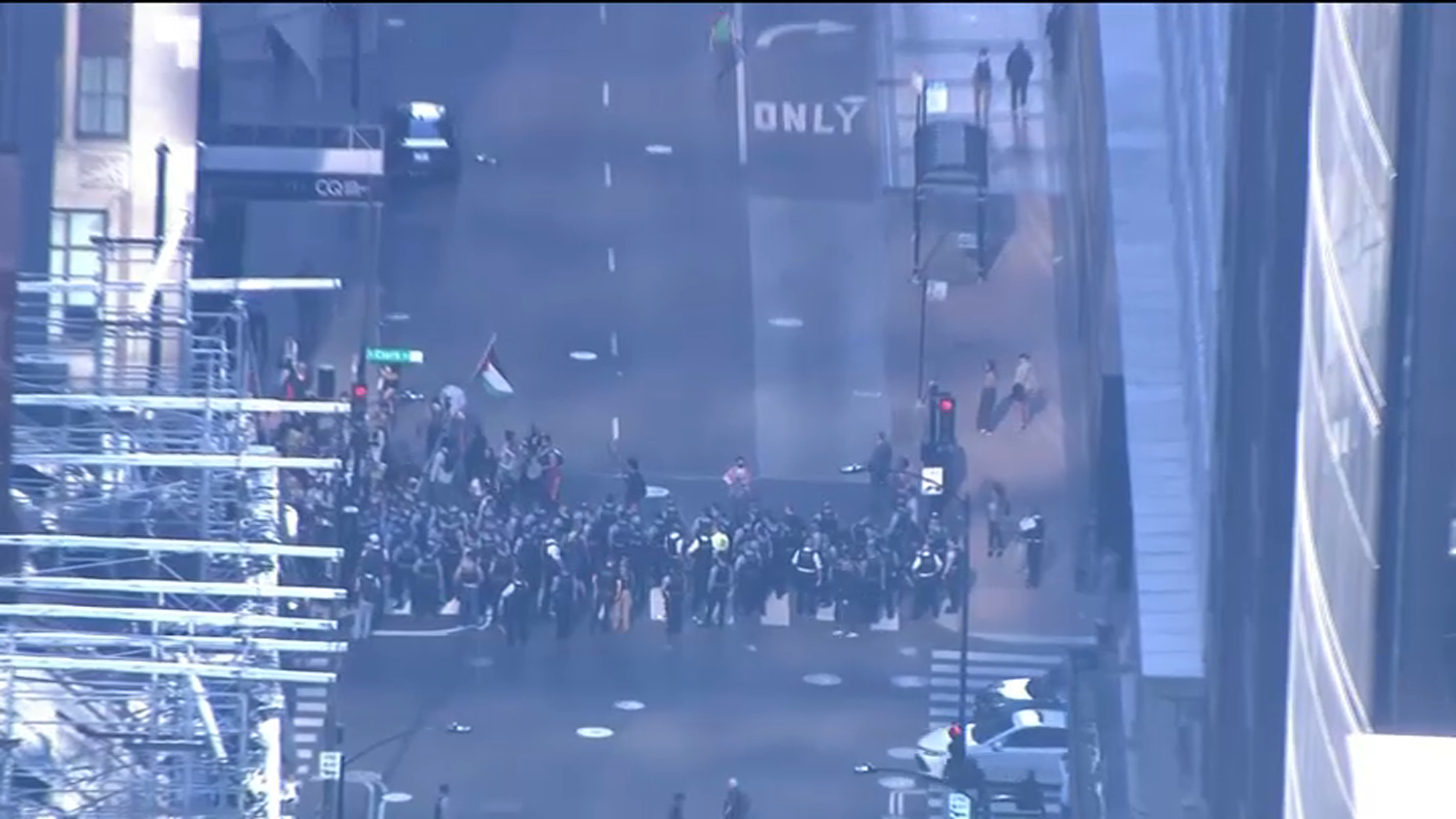Gov. Bruce Rauner addressed the Illinois General Assembly Wednesday to outline his plan for 2017’s state budget despite a historic budget impasse in the state.
Illinois has been without an official budget since July 1 of last year, and while Rauner’s address Wednesday aimed to preview the budget for the fiscal year of 2017, which begins July 1 of this year, he began by acknowledging "this year cannot become a re-run of last year."
"Although we succeeded last year in eliminating an inherited $1.6 billion budget hole without a tax hike, we are now in our 8th month without a state budget – and court orders are forcing us to spend beyond our means," he said. "Shocking, yes. Acceptable, not even close."
The impasse could soon cause layoffs at public universities and further cuts to social services. The state is also accruing billions of dollars in debt as a result of court-mandated spending and floundering revenue.
"The truth is, we haven’t had a truly balanced budget in Illinois for decades," Rauner said. "In ways both obvious and hidden, we’ve overspent, and raised taxes to cover it."
The budget impasse hinges on Rauner’s Turnaround Agenda which is focused, among other things, on weakening unions. Rauner will not agree to tax increases proposed by Democrats until the demands of his agenda have been met.
"Raising taxes without addressing the costs of government, and improving the business climate of our state, merely drives families and jobs out of Illinois," Rauner said in his address Wednesday.
Rauner claims to be focused on sweeping reforms dedicated to growing the state’s economy and increasing revenue while Democrats have focused on tax increases and cuts to the state’s budget.
"Democrats won’t support enough spending cuts to live within our current revenues, and you won’t vote to raise taxes to cover your deficit spending unless Republicans agree to support your tax hike," Rauner said. "I won’t support new revenue unless we have major structural reforms to grow more jobs and get more value for taxpayers."
Rauner maintained in his budget address that funding for early childhood education and the General State Aid foundation level remain among his top priorities.
Rauner said if reforms are not put in place, "cuts will have to be made." He suggested if lawmakers don't want to work together on those cuts, that they give the Executive Branch "the flexibility to reallocate resources and make reductions to state spending as necessary."
Local
"You’ve given emergency budget authority to governors in the past – other states have too – and no one can dispute that we have an emergency on our hands," he said. "It’s not my preferred course of action. It wouldn’t solve our long-term challenges. But it would, at the very least, allow us to stop digging the hole deeper."
During his state of the state address earlier this month, Rauner called for a "grand compromise" that will "cast partisanship and ideaology aside," a message he reiterated Wednesday.
"The people of Illinois are sick and tired of this – they want us to work together, not watch another pointless cycle of votes and vetoes," he said. "The people have been waiting long enough. I stand ready to negotiate with each and every one of you – 24 hours a day, 7 days a week."
The Illinois Constitution requires that the governor work with the General Assembly to pass a budget by May 31. If a budget is not passed, a three-fifths majority vote by the General Assembly is needed for passage.
For the fiscal year of 2016, Rauner proposed a budget with heavy spending cuts and no tax increases that would have left the state with a surplus of $505 million. Democrats also passed a budget, that was vetoed by Rauner, which would have left the state with a $4 billion deficit for the fiscal year of 2016.
Rauner has only signed one of the 20 budget bills that came across his desk. That legislation kept schools open statewide by ensuring funding for elementary and secondary education.
Rauner claimed that he wouldn’t discuss the budget until Democrats made concessions on his Turnaround Agenda. Democrats say those reforms, that deal largely with politics and business, are not related to the state’s budget.
"The savings for taxpayers from our Turnaround reforms would increase over time and could be many billions of dollars a year – potentially much larger than our current annual deficit," Rauner said Wendesday. "Even if we only implemented a portion of these recommendations, in a few years we’d have a balanced budget without a tax hike, and we’d have billions of dollars in surplus funds to invest in our schools, our human services, and our infrastructure."
According to Illinois’ Constitution, the state government cannot spend money without a balanced budget. According to the law, Illinois’ government should have shut down on July 1 of last year.
Nonetheless, Comptroller Leslie Munger received a court order authorizing payment of state employees during the budget impasse. Court orders and other mechanisms have forced the state to fund about 90 percent of the state’s previous budget. At the end of the fiscal year, Illinois could owe more than $9 billion in unpaid bills.
"Right now, we’re headed in the wrong direction," Rauner said Wednesday. "We need to work together to change the trajectory."



